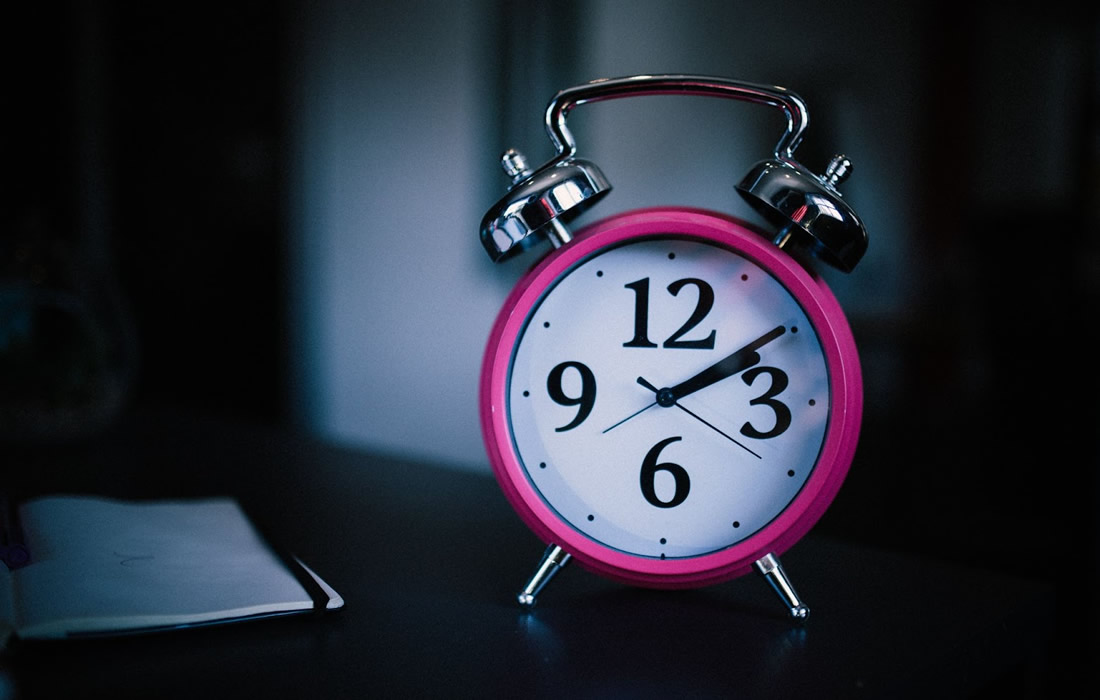Lifestyle
Sleep and Physical Activity Habits Might Affect Cognitive Function Over Time
Regular physical activity may protect against cognitive decline as we get older, but this protective effect may be diminished for people who are not getting enough sleep, according to a new study by UCL researchers.
The study, published, looked at cognitive function over 10 years in 8,958 people aged 50 and over in England. The research team investigated how different combinations of sleep and physical activity habits might affect people’s cognitive function over time.
They found that people who were more physically active but had short sleeps — less than six hours on average — had faster cognitive decline overall, meaning that after 10 years their cognitive function was equivalent to peers who did less physical activity.
Lead author Dr Mikaela Bloomberg said: “Our study suggests that getting sufficient sleep may be required for us to get the full cognitive benefits of physical activity. It shows how important it is to consider sleep and physical activity together when thinking about cognitive health.
The study found, in line with previous research, that sleeping between six and eight hours per night and higher levels of physical activity were linked to better cognitive function.
Co-author Professor Andrew Steptoe said: “It is important to identify the factors that can protect cognitive function in middle and later life as they can serve to prolong our cognitively healthy years and, for some people, delay a dementia diagnosis.
“The World Health Organisation already identifies physical activity as a way to maintain cognitive function, but interventions should also consider sleep habits to maximize long-term benefits for cognitive health.”
Sources:
Mikaela Bloomberg, Laura Brocklebank, Mark Hamer, Andrew Steptoe. Joint associations of physical activity and sleep duration with cognitive ageing: longitudinal analysis of an English cohort study. The Lancet Healthy Longevity, 2023; 4 (7): e345 DOI: 10.1016/S2666-7568(23)00083-1
University College London. “Lack of sleep lessens cognitive benefits of physical activity.” ScienceDaily. ScienceDaily, 5 July 2023. <www.sciencedaily.com/releases/2023/07/230705194620.htm>.
Images from:
Photo by Mpho Mojapelo
https://unsplash.com/photos/I84vGUYGUtQ

